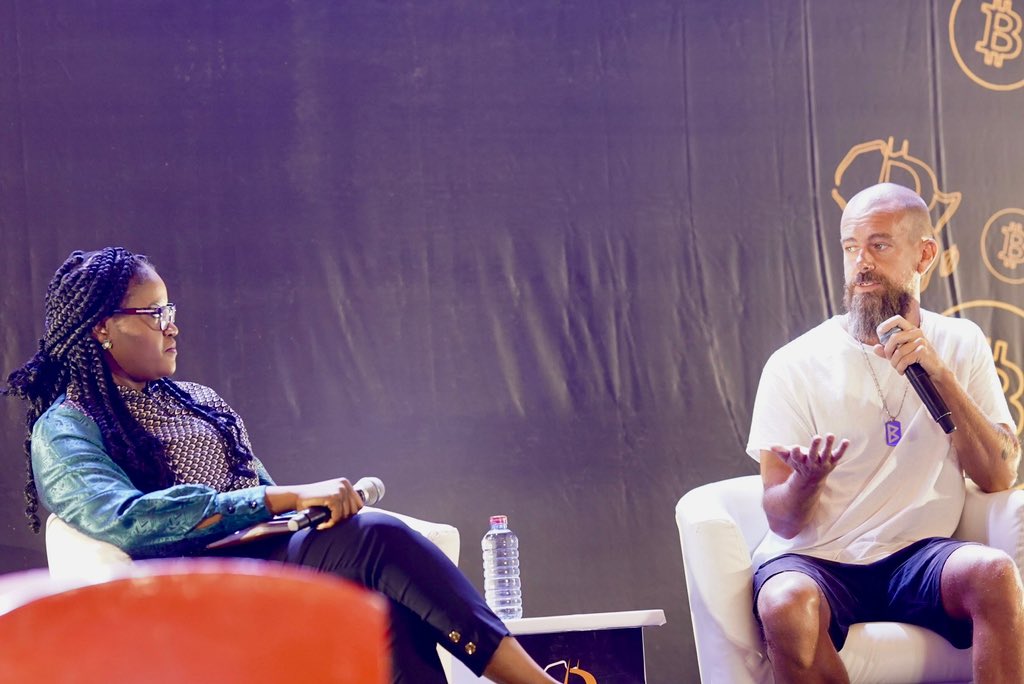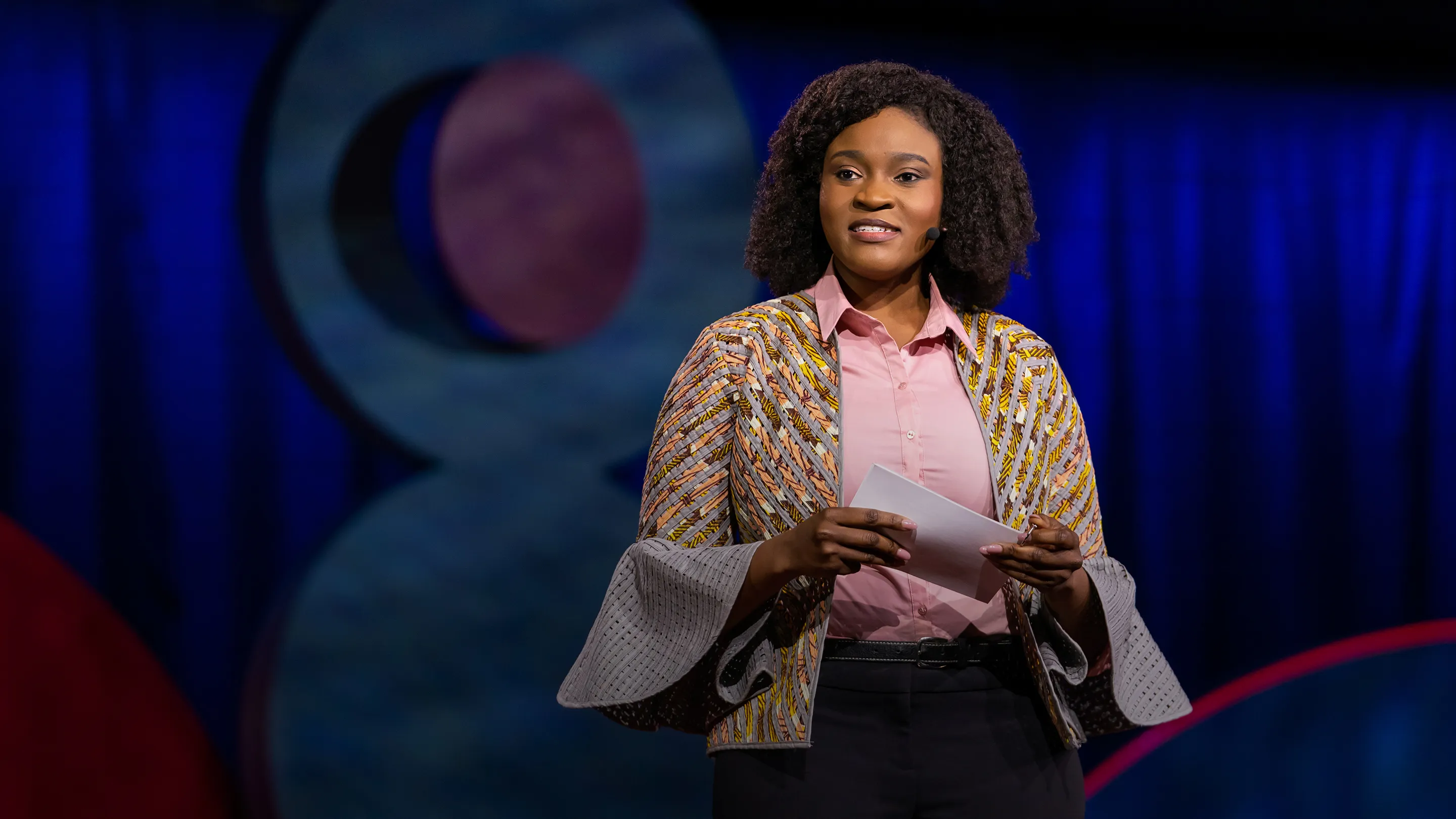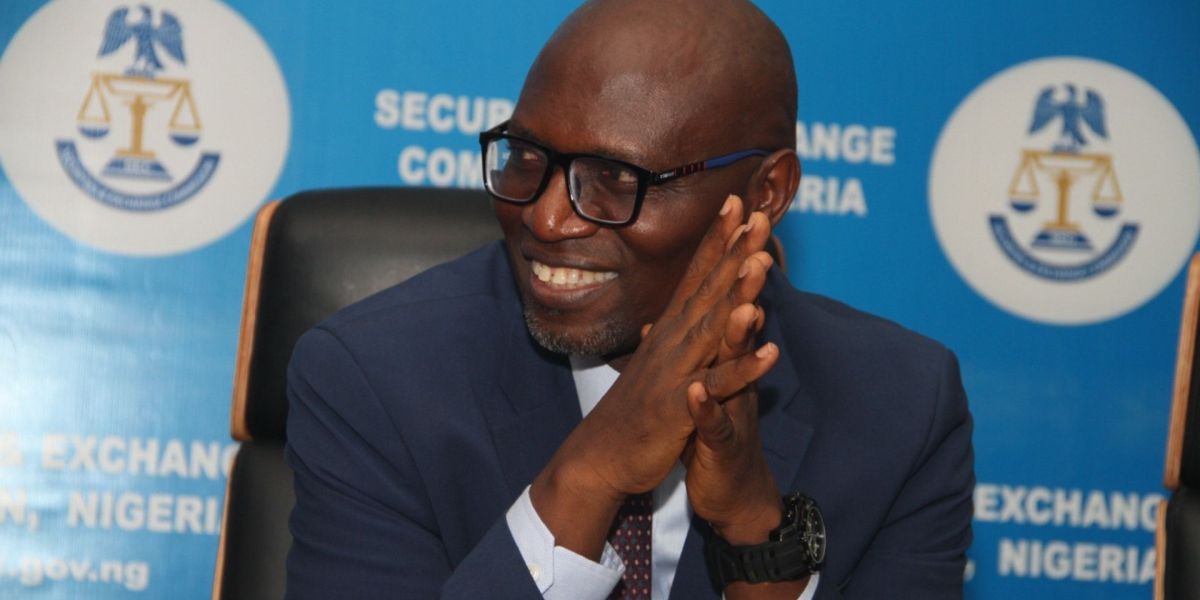Farida Nabourema is a Togolese activist who was born and raised under a military regime. From the time she was a child, Nabourema watched her grandfather and father oppose the harsh dictatorship, occasionally landing in jail; and in no time, she found herself doing the same. Nabourema has been an activist for over 20 years now and is passionate about freeing people from unjust systems, this passion bringing her to bitcoin.
Nabourema was looking for a tool to help counter the government’s surveillance of how activists and opposition leaders received money, which consequently led to confiscation to prevent them from operating—something they had been doing for decades. In the process, she stumbled upon bitcoin. This currency, which provided a private way of moving money without government control, fascinated her so much that six years later, she is committed to working in the bitcoin space and helping other Africans explore this. According to Nabourema, bitcoin is political and is a tool to help facilitate human rights by liberating people from abusive and exploitative monetary systems. She believes that monetary independence is the beginning of a lot of political struggles and that a system that provides people with the ability to move money without government interference is a foundation for freedom.
In December 2022, Nabourema organised the Africa Bitcoin Conference, the first and largest major bitcoin event to take place in Africa. The three-day event saw some of the biggest names in the global bitcoin scene, including Twitter founder and ex-CEO Jack Dorsey, Ray Youssef, and Obi Nwosu converge in Accra, Ghana.
Tell me about the African Bitcoin Conference. How did the idea come about?
I attend a lot of bitcoin conferences in the West and realised that there were not enough African voices in the space, even though Africa has the fastest adoption rate on the globe, and we’re literally the ones propelling the currency. Africans were not adequately represented in those spaces for multiple reasons, a major one being that those Western countries typically required visas for entry, which they sometimes denied to African-passport-holders. This made me realise that we did not have to wait for others to organise their conferences and invite us, and we could organise ours and speak about the work that we are doing on our own soil.
It’s essential for us to organise our own conferences on the continent that brings together the people working in this space, whether it is the technologists, the researchers, or the activists, putting them together to discuss challenges, opportunities, and innovations that are directly tailored to our realities in Africa.
Would you say that you set out to achieve what you intended to with the conference?
I believe I did. One of the things we wanted to achieve with this conference was to make people understand that bitcoin is serious business and not an online scam as some people portray it as. It is a technology on which multiple things can be built. We wanted to open people’s minds to the reality of bitcoin as a legit technology with real people working every day to make it better and more flexible. From the feedback we received, people were impressed—especially those who have never really been in the bitcoin space.
Another thing we wanted to achieve was to introduce bitcoin from an angle beyond what people hear about in the mainstream: the human angle. I am an activist, just like other members of my team and we wanted to focus more on the utility of bitcoin, and how people can use it to better their lives, not the price. We wanted to organise a conference that prioritised panels on its philosophy and why it is imperative to break free from exploitative monetary and financial systems, rather than just discussions on how much it costs and how much you can make from it. This is something we successfully accomplished and our participants really appreciated that.

While Africa is leading in bitcoin adoption, a lot of it stems from a desire to grow money and invest. Is that good enough for a start? Or do you think that adoption that is hinged on profit is detrimental to the growth of bitcoin in the long run?
Human beings are naturally driven by interest regardless of what they do and there’s absolutely nothing wrong with that. However, I come from a space where I believe people shouldn’t bypass certain values and principles just for profit. In the work that we do to educate people on Bitcoin, it is important to us that we are able to communicate those values and principles to people so that they understand that for this currency to be sustainable and profitable in the long run, there are mistakes that we should avoid.
Some of these mistakes include preying on vulnerable people by way of scams, and hoarding excessive wealth for yourself while everybody else gets poorer. It matters to me that we remind people of the good nature of bitcoin and that the reason it was invented was that the founder(s) wanted to put an end to some systemic exploitation. The thought of making a profit is a good reason to go into bitcoin, as long as you are not destroying our society and exploiting others.
Do you see mass adoption of bitcoin across Africa? Do you think we can achieve decentralised bitcoin in Africa despite the heavy interference from middlemen and government institutions?
The reason we keep relying heavily on middlemen and government institutions today is that we haven’t reached the point where everybody has enough to be able to exchange it directly. The more people use it, the more we get to the point where we no longer need those institutions to convert bitcoin to cash. It’s going to take time, but we’re going to get there. We keep expecting Bitcoin to do the same thing as cash, forgetting that cash has existed for hundreds of years while bitcoin has been in existence for less than 20 years. In terms of growth and adoption, bitcoin has experienced the fastest growth of any form of money that has been used in the world, including gold and cash, which is a positive sign. Bitcoin is growing, and we must give it space to fully form. I currently don’t see the lack of financial infrastructures as being an impediment but an opportunity for us to create solutions and innovate ways to make it more accessible. We will get to the point where it will be as easy to use—if not even easier to use—than cash.
Bitcoin is simultaneously the innovation with one of the fastest rates of technological adoption in the world as well as the best-performing asset of the decade. The number of people using the currency is growing rapidly and is projected to reach 1 billion by 2025, with the speed of adoption being even higher than the internet.
There have been concerns surrounding the technical savviness that transacting in bitcoin requires. Do you think that will be a huge challenge for us in Africa?
I think that is a huge misconception. I have taught people with no formal education how to use bitcoin and they understood it all within 30 minutes. People who aren’t necessarily educated know how to use calculators in the market and how to count their money. They know how to use smartphones alongside apps like TikTok and Whatsapp, so why can’t they use a bitcoin wallet? Bitcoin is just about as simple as having a smartphone, downloading a wallet, and scanning to make payments. It takes less than five seconds and you don’t need to understand technology to do it.
It is important for people to understand how the technology of bitcoin works so as not to be exploited, but it should not deter anyone from using it. People use cash without knowing how the central banks work, or how and why money is being printed.




















